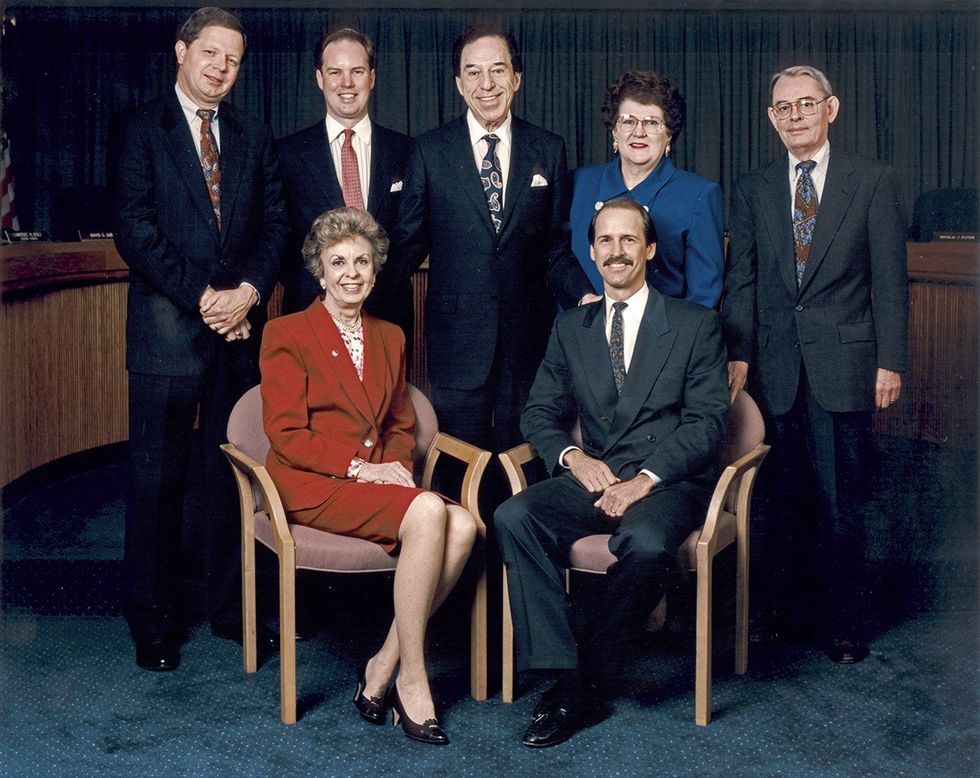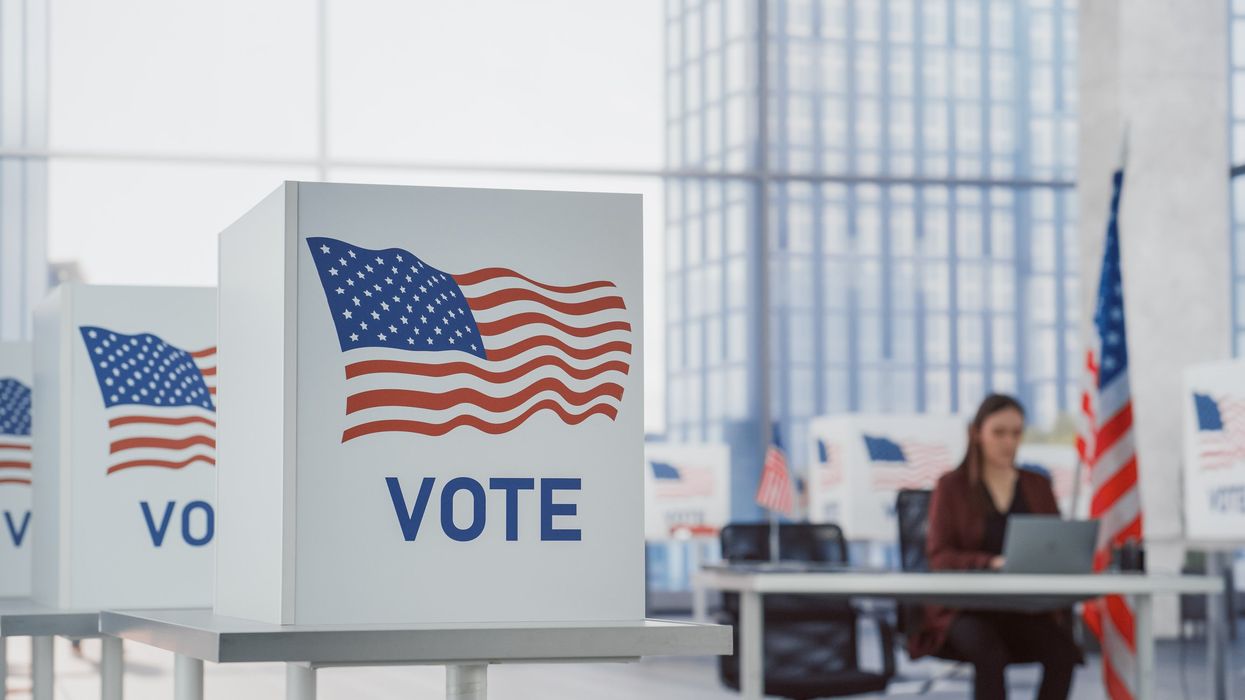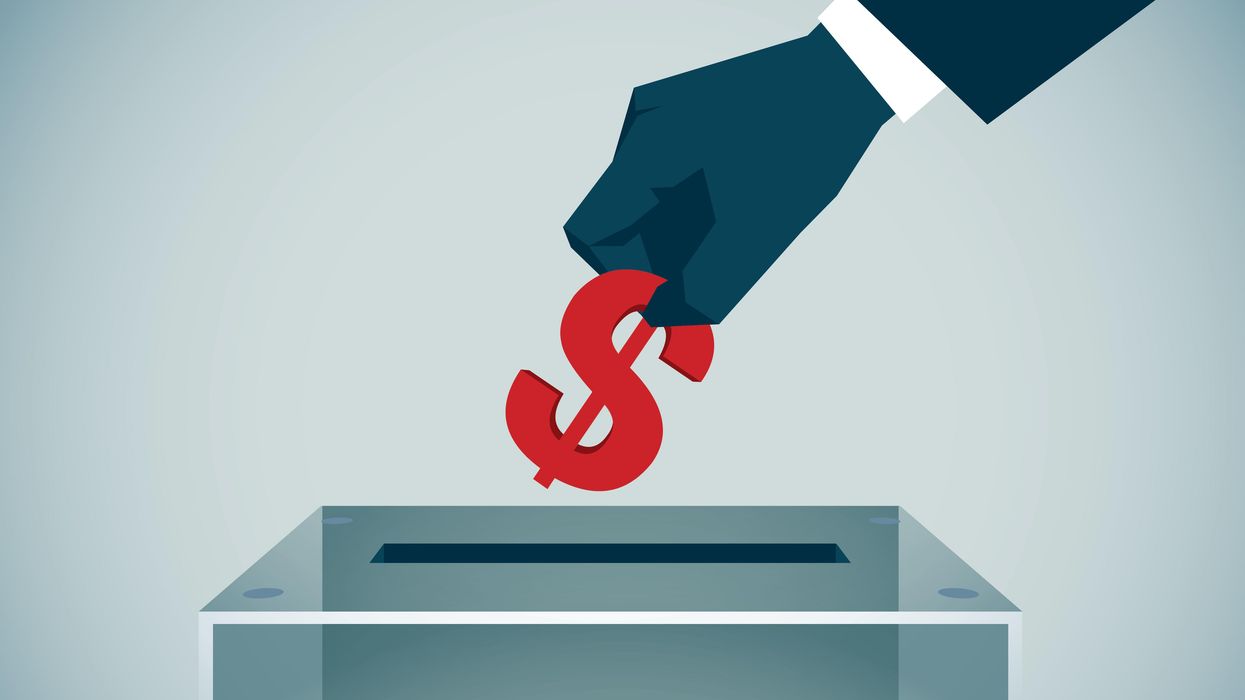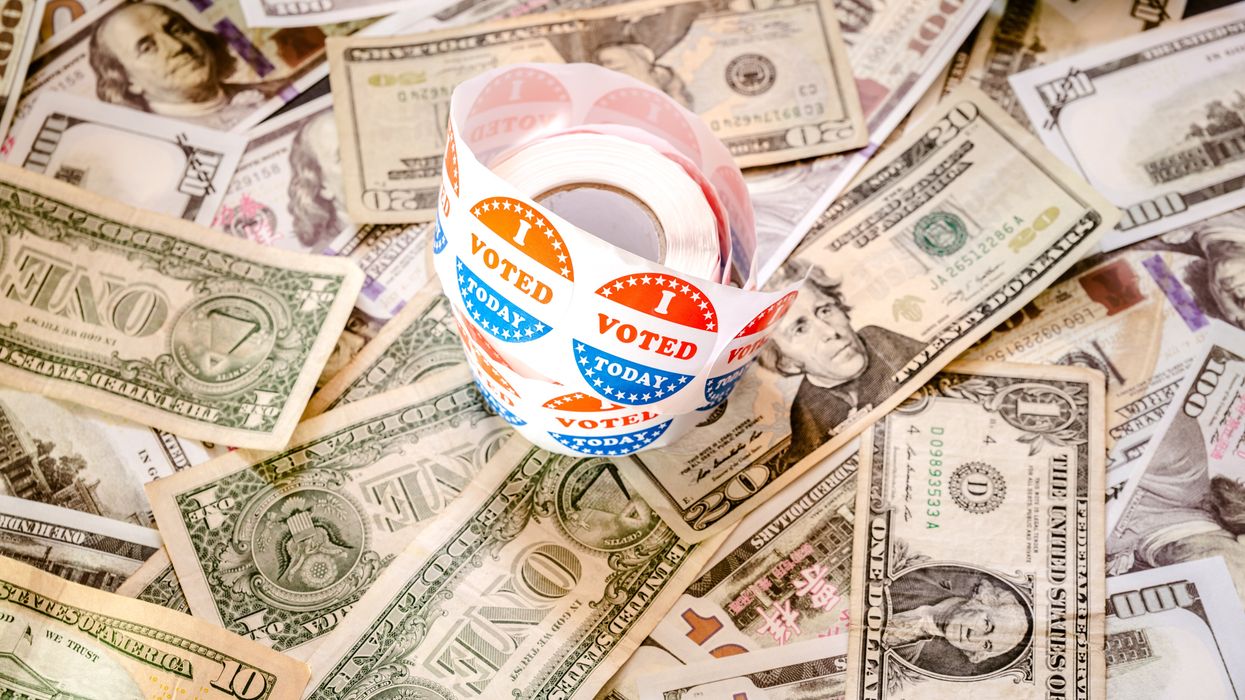Fifty years ago, on April 14, 1975, the Federal Election Commission (FEC) opened its doors. Congress passed the law creating the FEC, along with other important reforms, in response to public outrage over campaign finance corruption exposed by the Watergate scandal. Those discoveries included $850,000 in illegal, secret contributions by some of the most prominent corporations in the country to the reelection campaign of President Richard Nixon.
Today, many who watch the agency closely, including myself, believe the FEC is failing American voters who deserve a political system where their voices matter more than the voices of wealthy special interests.
The FEC is the only federal agency tasked with enforcing the laws that govern the U.S. campaign finance system for presidential campaigns and Congress. It is designated as an independent federal agency — a status that allows the FEC to enforce campaign finance laws without fear or favor. With this unique mission comes a great responsibility to ensure that powerful special interests are not exerting undue influence over the electoral process.
During my time on the Commission in the 1990s — I was appointed by President George H.W. Bush and served under both him and President Bill Clinton — there was bipartisan consensus around the philosophy that laws regulating campaign spending and requiring disclosure were necessary to protect everyday voters and our democracy.
Since that time, the FEC has taken a disastrous turn, routinely failing to investigate obvious abuses of campaign finance law and endangering our democracy by opening the floodgates even wider to unregulated money in our elections. My colleagues at the Campaign Legal Center detailed this concerning development in a report released earlier this year.
The most recent example of this trend occurred during the 2024 presidential election when four of the six members of the Commission endorsed an interpretation of the rules (an “advisory opinion” in agency-speak) that cleared the way for federal candidates to coordinate with supportive super PACs on activities like get-out-the-vote campaigns. Presidential candidate Donald Trump and his megadonor Elon Musk took advantage of this change on a massive scale.
In my view, and the view of campaign finance experts at CLC, the four-member majority on the FEC that expanded coordination limits ignored key parts of U.S. Supreme Court opinions over the years, starting with Buckley v. Valeo in 1976 and then in Citizens United v. FEC in 2010.
While Citizens United infamously did away with spending limits by outside special interests in our elections, it also stressed the importance of maintaining a clear divide between special interests and candidates for federal office. Independence, the majority reasoned, would prevent election spending by outside special interests from having a corrupting influence. To put it another way, the court has held that unlimited independent spending is permissible only if completely uncoordinated with candidates.
The permission to directly coordinate campaign activities recently adopted by the FEC is very concerning, but there is a new challenge that threatens the core mission of the agency. It comes in the form of an illegal executive order requiring independent agencies to run all new policies, rulings, and regulations by the president. The prospect of President Trump, or any president, controlling the FEC is truly alarming. This could lead to the agency’s enforcement powers being used in a partisan way to target a political opponent.
We have already seen Trump foisting his political agenda upon the U.S. Department of Justice, an agency where independence from the White House has been a norm for decades. It is entirely possible that this president will try to exert the same kind of influence over the FEC.
President Nixon abused his power as chief executive to solicit illegal campaign contributions, and Congress at that time responded with sweeping reforms. Fifty years later, part of President Trump’s effort to concentrate power in the White House includes a de facto takeover of the only agency that can regulate his political activities, and Congress seems unwilling to mount any response whatsoever.
In an era of widespread public dissatisfaction with the role of big money in politics, the FEC must assert its independence from the White House and begin taking concrete steps toward living up to the values at the heart of its founding.
 (Left to Right) Sitting - Chair Joan D. Aikens, Vice Chairman Scott E. Thomas. Standing - Commissioners Danny HL. McDonald, Trevor Potter, John W. McGarry, Lee Ann Elliott, Senate Ex-Officio David G. Gartner
(Left to Right) Sitting - Chair Joan D. Aikens, Vice Chairman Scott E. Thomas. Standing - Commissioners Danny HL. McDonald, Trevor Potter, John W. McGarry, Lee Ann Elliott, Senate Ex-Officio David G. Gartner
Trevor Potter is founder and president of the Campaign Legal Center. Read more from The Fulcrum's Election Dissection blog or see our full list of contributors.




















Trump & Hegseth gave Mark Kelly a huge 2028 gift